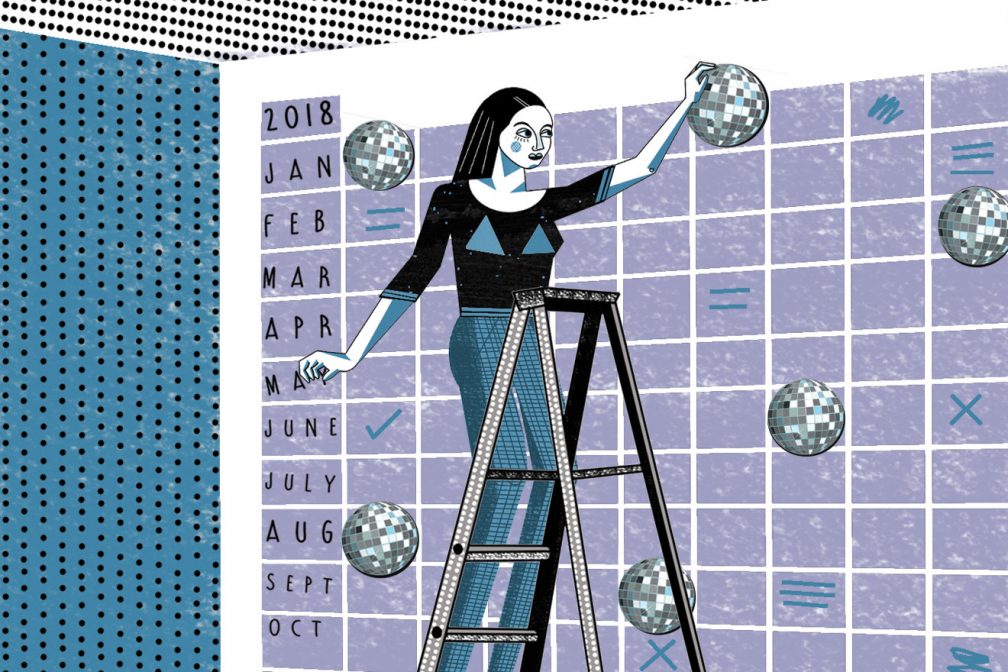 Comment
Comment
Organised fun: Are advance ticket sales ruining clubbing?
The most spine-tingling nights normally come off the cuff
It’s a chill December night in Glasgow, and the queue outside a modest-looking Jamaica Street entrance has begun to swell. Local legends Optimo are playing host to Smart Bar resident The Black Madonna at one of the city’s most revered nightspots: the Sub Club. Anticipation is high – not just for punters, but for The Black Madonna herself, who previously described Optimo’s parties as ‘proof of life’ and cites them as a major influence in her pursuing her own career as a DJ. Tickets for the show could easily have sold out three times over, months in advance on Ticketmaster, but as is the way with Optimo parties, they’re all for sale on the door. Sadly, this is a rare occurence in modern-day club culture. A scene that was once all about rebellion, free expression and counterculture now seems to involve as much spontaneity as a stamp collector’s convention. Tickets need to be bought months in advance via credit card, as though you’re hoping to see Ed Sheeran at Wembley Stadium, or go to a major sporting event.
Much of this cultural shift can be put down
to social media. Facebook, Twitter and Instagram are now the primary channels
for advertising club events, and as a result, branding and marketing techniques
have become pivotal for successfully promoting your event. This means that ads
for parties reach a far wider audience than they would have five or 10 years
ago, so straight away the punter is under pressure to buy tickets for an event
months down the line, or risk missing out completely. Furthermore, a system
that favours people permanently wired up to social media results in a crowd
more interested in Instagramming all night, and the kind of people who have a
credit card, money on hand and like to plan what they’re doing months in advance
– none of which guarantees that they’ll be any fun.


